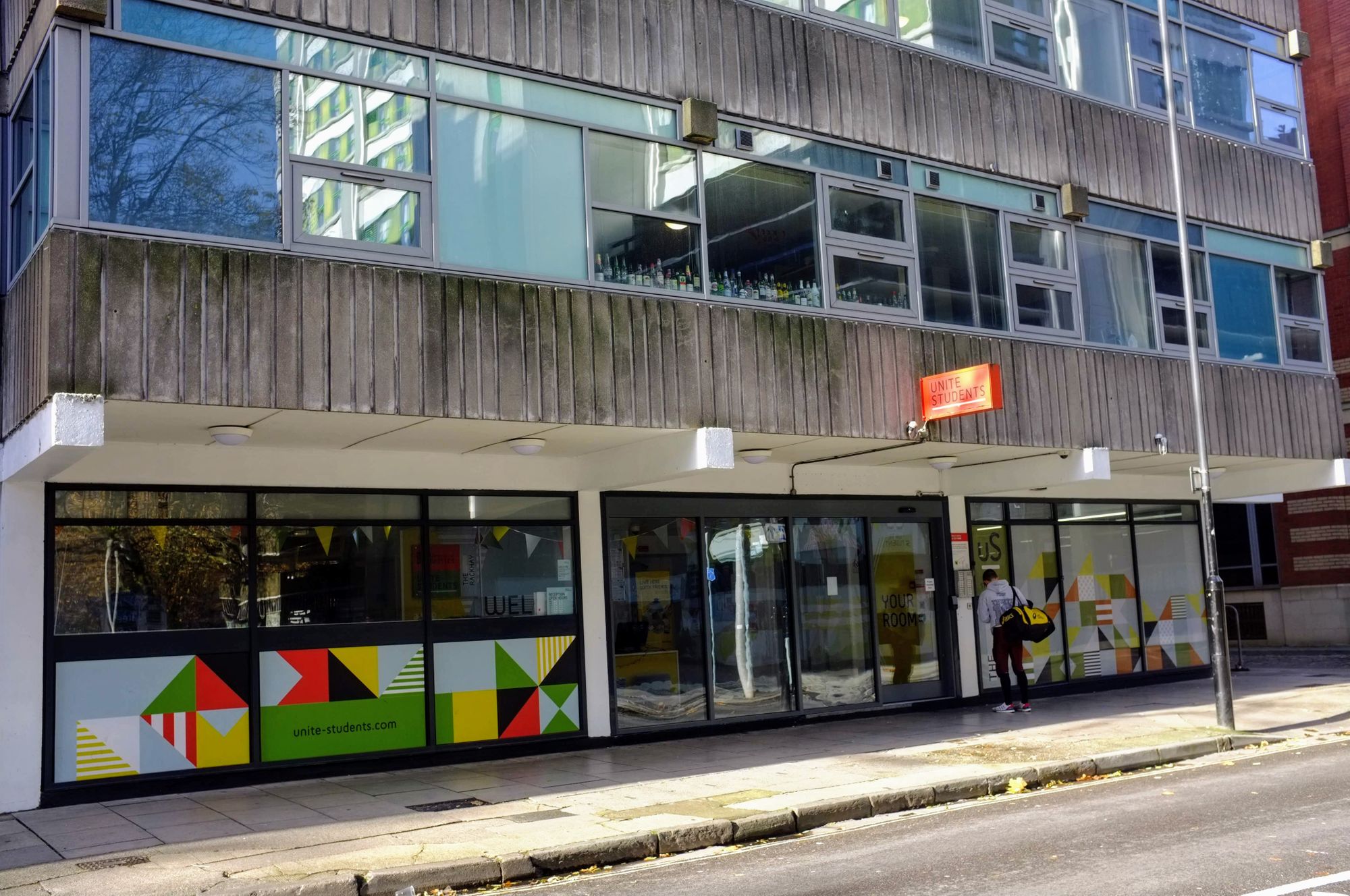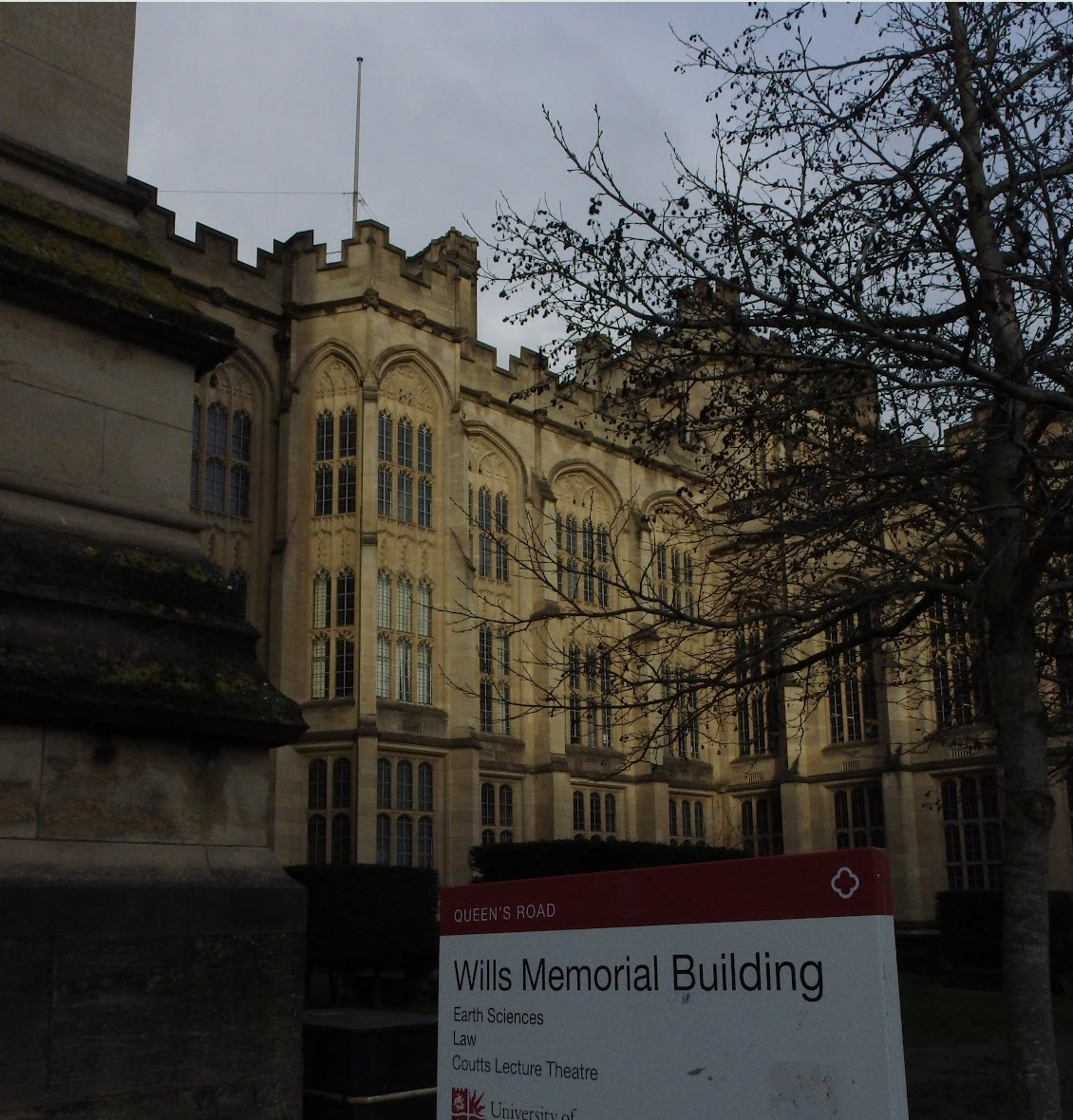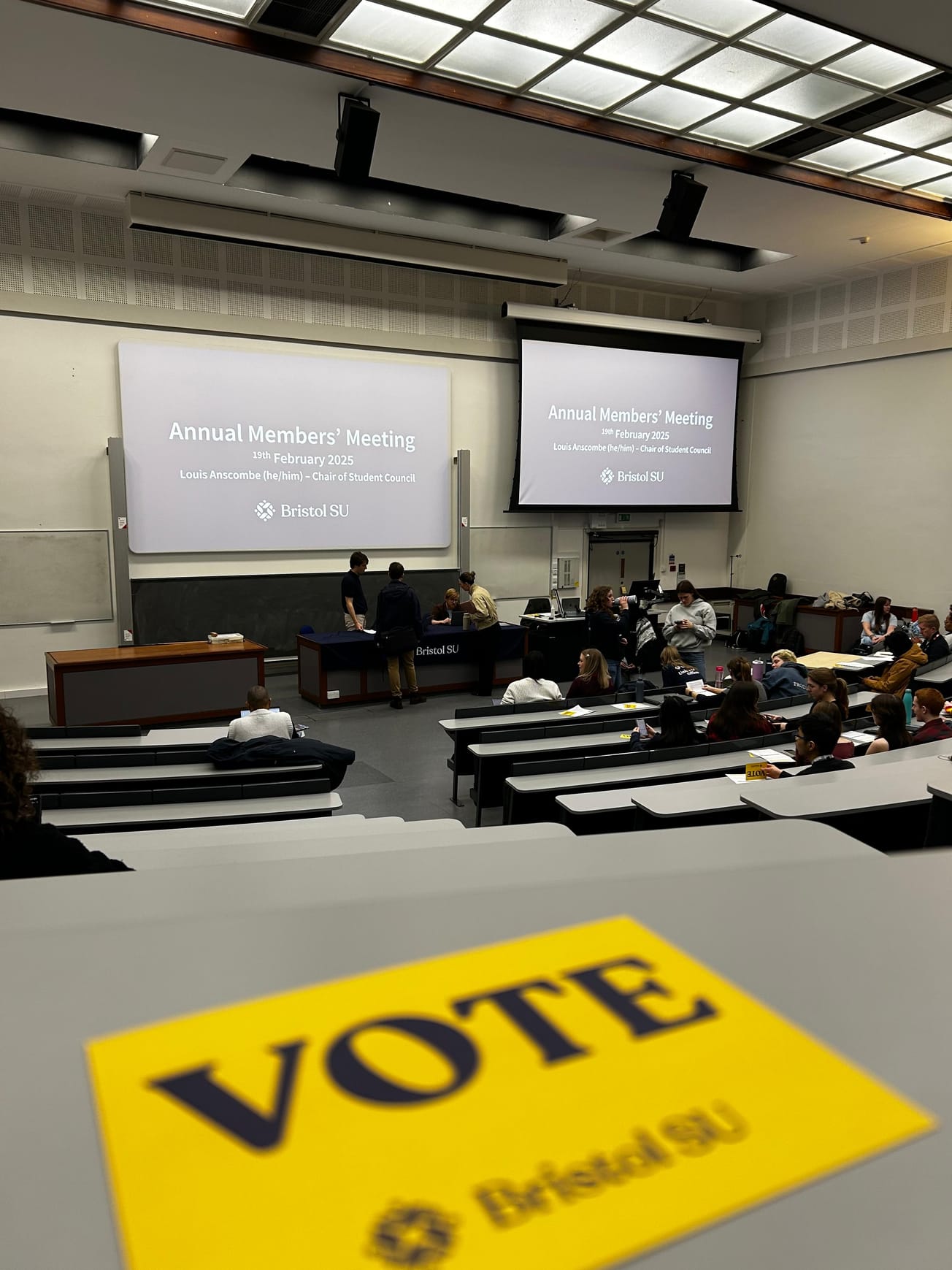By Patrick Sullivan, Co-Editor-in-Chief (2019/20)
A vote of no-confidence was unanimously passed by first-year students on the JCR committee representing Favell House, Rackhay, and Waverley House accommodation.
Update (11 June 2020): Campus Houses JCR and The Courtrooms JCR have also passed motions of no confidence in the ResiLife service to support them.
At 3pm on Monday 8 June, seven first-year student representatives on the Riverside halls Junior Common Room (JCR) committee passed a vote of no-confidence in the University of Bristol’s Residential Life Service, or ResiLife, the University support network for students in their official accommodation.
In their statement, the committee, who will remain in position until October, criticised ‘their abilities and responsibilities in dealing with and supporting JCR affairs.’
Despite being promised a budget of £27,500 for their activities during the 2019/20 academic year, the students were only able to spend less than £5,000 before the COVID-19 pandemic.
The 550 first year students living in Riverside accommodation in 2019/20 each had £50 of their rent put into this budget, which is meant to go towards social events. But despite repeated promises from ResiLife, the budget was never fully transferred into the JCR account.

In the Riverside JCR constitution, it states: ‘The University will transfer the social fees into the JCR account in two payments on 1 November and 1 February. The amount will be calculated by multiplying the social fee by the number of student residents.’
Riverside JCR said they have been ‘consistently let down’ by ResiLife, Bristol SU, and the University when asking for the funds, which they are contractually obliged to receive.
They recognised the efforts of individuals within the organisations and Senior Residents ‘who have been fighting [their] corner’, but ultimately blamed ‘bureaucratic, unclear administrative procedures and a lack of vital and efficient communication’ for the system’s failure to provide for students.
They are now calling on JCRs from other halls of residence to support their stance and release their own statements.
‘We recognise the role and value of Resi-Life within the University, but have been consistently let down by the non-provision of contracted funds amounting to around £20,000, bureaucratic and unclear administrative procedures and a lack of vital and efficient communication between the University, Resi-Life, Student Union and JCRs.’
Riverside JCR Committee 2019/20
A University of Bristol spokesperson said: ‘We recognise that there have been delays in releasing funds for some JCRs this year and the Residential Life Team has been working with JCRs and Bristol Students’ Union to try and resolve this.
‘This is a result of a number of issues including some initial delays in setting up some JCR bank accounts and finalising the amounts payable to some JCRs with the University’s Finance Department. Some activities were paid for by the Residential Life Team while waiting for bank accounts to be set up and these amounts needed to be agreed before payments could be made.
‘All outstanding payments will be transferred to JCRs as soon as possible.’
ResiLife has been widely debated since the idea was first proposed in a pastoral review in December 2017. The new service replaced the old warden system ahead of the 2018/19 academic year, despite many students and staff opposing the decision.
| Epigram's guide to the Residential Life Service model
The main change was the formation of three ‘villages’ – North, East, and West – grouping together halls of residence in Stoke Bishop, City Centre, and Clifton respectively. The villages are staffed 24/7 with personnel hired specifically for ResiLife purposes.
Previously, wardens were postgraduate students or staff who lived in individual halls and worked to maintain student satisfaction.
A year after being first implemented, an open letter from multiple JCR committees was then published via Epigram in September 2019 asking for ‘fundamental changes’ to the service. They acknowledged the improvement in pastoral support for students, but cited new difficulties with organising events, finances, and bureaucracy as major complaints.
| Opinion | An open letter from JCR committees on ResiLife
| University respond to JCR committee letter with apologies and improvements
The University apologised to JCRs after that letter, and now have apologised again.
In their response, they said: ‘We are committed to improving the current financial model to ensure student lead activities in residences can be more easily organised as these will be key to the student experience next year. We will be arranging meetings to discuss how the current issues can be resolved over the next few weeks and would like to apologise for any inconvenience this has caused. The JCRs and Students’ Union will be fully involved in these discussions.’
Featured image: Epigram / Patrick Sullivan
How do you think the current Residential Life model can be improved?








